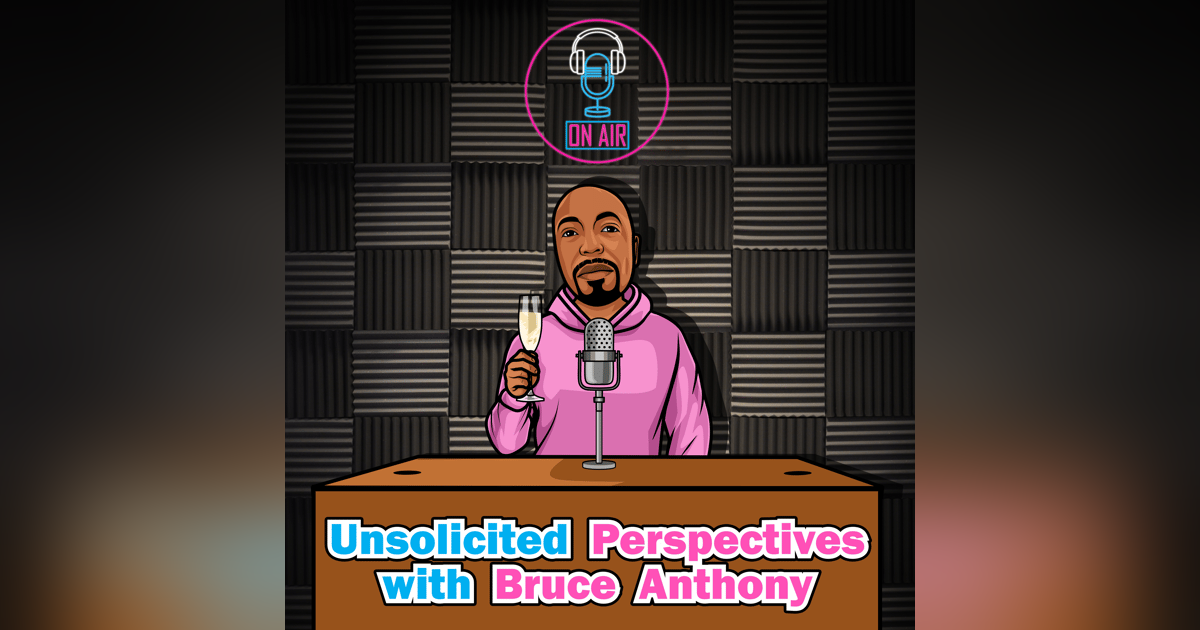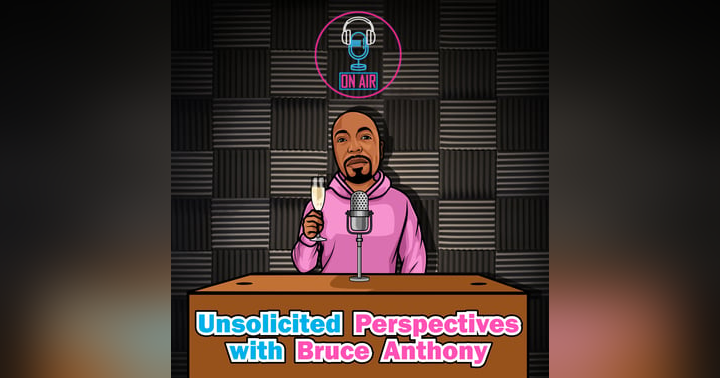The Battle for Reproductive Rights: A Closer Look at the South Carolina Abortion Ruling

Introduction
In a recent episode of our podcast, my sister Jay Andrea and I delved into the South Carolina abortion ruling, discussing the implications and potential impact of this controversial decision.
The South Carolina Abortion Ruling: A Reversal of Rights
The South Carolina Supreme Court recently upheld a law that bans most abortions after approximately six weeks of pregnancy. This ruling marks a significant reversal from the court's previous decision, which struck down a similar law on the grounds that it violated the state constitution. The law, known as the Fetal Heartbeat and Protection from Abortion Act, restricts abortions as early as six weeks into a pregnancy, when early cardiac activity can be detected in the fetus or embryo. While the law allows for exceptions in cases of saving the pregnant woman's life or for fatal fetal abnormalities, it severely limits a woman's right to choose.
Justice John Kittredge, who wrote the majority opinion, acknowledged that the law infringes on a woman's right to privacy and bodily autonomy. However, he argued that the state legislature had determined that at a certain point in the pregnancy, a woman's interest in autonomy and privacy does not outweigh the interest of the unborn child to live. This reasoning reflects a fundamental misunderstanding of the complexities surrounding reproductive rights and the impact of such laws on women's lives.
The Hypocrisy of Anti-Abortion Laws
The South Carolina abortion ruling highlights the hypocrisy of anti-abortion laws and the underlying motivations behind them. It is clear that these laws are not about protecting the life of the unborn child, as proponents often claim. Instead, they serve as political talking points and attempts to control women's bodies. The decision to ban most abortions after six weeks disregards a woman's right to privacy, medical autonomy, and the ability to make decisions about her own body.
According to Jay Andrea, "These laws are about controlling women and denying them their rights. They don't care about the well-being of the unborn child or the woman's circumstances. It's all about power and control."
The argument that the life of an unborn child supersedes a woman's bodily autonomy is deeply flawed. It fails to consider the physical, emotional, and psychological toll that pregnancy and childbirth can have on a woman. It ignores the fact that women should have agency over their own bodies and the right to make decisions that are best for their own lives and circumstances.
Furthermore, the limited exceptions in the law, such as those for saving the pregnant woman's life or cases of rape and incest, are insufficient. These exceptions should not be seen as concessions but as basic rights that should be afforded to all women. The fact that they are included as exceptions rather than recognized as inherent rights further underscores the disregard for women's autonomy and well-being.
The Impact on Women's Lives
The South Carolina abortion ruling has far-reaching implications for women's reproductive rights and access to healthcare. By severely limiting the window for legal abortions, the law effectively denies women the right to make decisions about their own bodies and futures. It forces women to carry pregnancies to term, even in cases of rape, incest, or when the fetus has fatal abnormalities.
Jay Andrea emphasizes the disproportionate impact of such laws on marginalized communities, stating, "These restrictions primarily affect poor women and women of color who already face significant barriers to healthcare and reproductive services. It further exacerbates existing inequalities and denies women the ability to make choices that are best for their own lives and circumstances."
The South Carolina abortion ruling perpetuates a system that prioritizes the potential life of a fetus over the well-being and autonomy of women. It reinforces harmful stereotypes and perpetuates the cycle of inequality and oppression that disproportionately affects marginalized communities.
The Importance of Intersectionality
It is crucial to recognize the intersectionality of reproductive rights and the broader social, economic, and racial issues at play. The fight for reproductive justice is not just about access to abortion; it is about dismantling systems of oppression and ensuring that all individuals have the right to make decisions about their own bodies and lives.
As Jay Andrea explains, "Reproductive justice is about more than just abortion. It's about addressing the underlying issues that contribute to the need for abortions, such as lack of access to comprehensive sex education, contraception, and healthcare. It's about fighting for economic and racial justice, so that all individuals have the resources and support they need to make informed decisions about their reproductive health."
The South Carolina abortion ruling is just one example of the ongoing assault on reproductive rights in America. It is part of a larger pattern of legislation aimed at controlling women's bodies and limiting their autonomy. To truly address these issues, we must challenge the underlying ideologies that perpetuate these harmful policies and work towards a more equitable and inclusive society.
Conclusion and Future Outlook
The South Carolina abortion ruling is a significant setback for reproductive rights in America. It highlights the ongoing battle for bodily autonomy and the need to protect women's rights to make decisions about their own bodies. As we move forward, it is crucial to continue advocating for comprehensive reproductive healthcare, access to safe and legal abortions, and the dismantling of oppressive systems that seek to control women's bodies.
Jay Andrea concludes, "The fight for reproductive justice is far from over, but by raising awareness, challenging harmful ideologies, and supporting organizations that champion women's rights, we can work towards a future where all individuals have the freedom to make choices about their own bodies and lives. It is time to stand up, speak out, and fight for the rights of women everywhere."
The battle for reproductive rights is ongoing, and it requires a collective effort to ensure that all individuals have the autonomy and agency to make decisions about their own bodies. By addressing the underlying issues of inequality and oppression, we can create a society that respects and upholds the rights of all individuals. Let us continue to fight for reproductive justice and work towards a future where everyone has the freedom to make choices that are best for their own lives and circumstances.


















